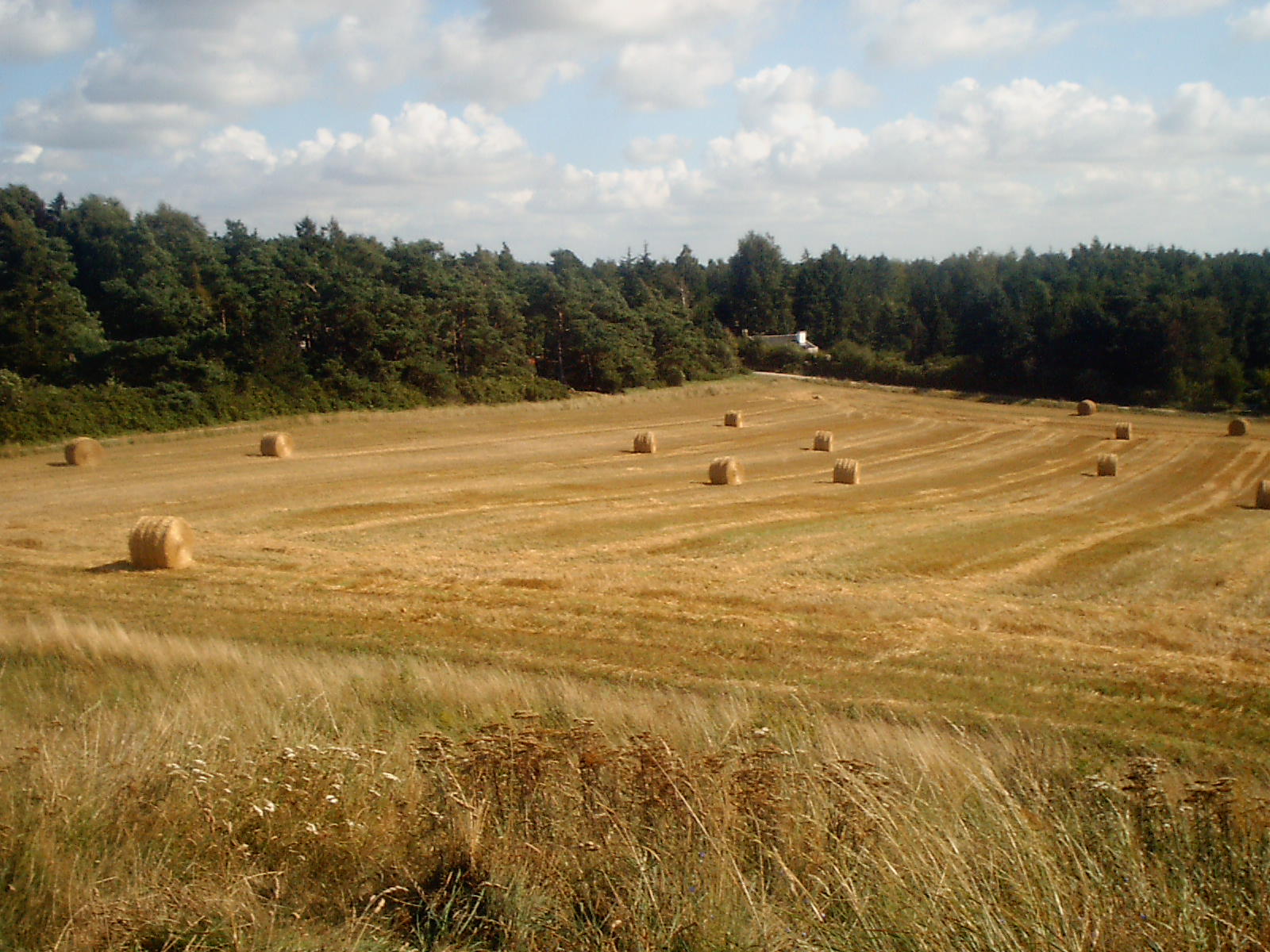My previous post discussed the general background to the EU-UK Trade and Cooperation Agreement (TCA) and specifically its provisions on tariffs and non-tariff barriers. An innovative part of the Agreement concerns what are called ‘level playing field’ provisions in various areas including state aids, taxation, competition policy, labour standards, and environmental protection and climate change.
By demanding that the Agreement address these issues, the EU wanted to avoid a situation where the UK could use government subsidies, a more beneficial tax regime or more lenient regulatory standards to give its producers an advantage in competing with EU producers in the tariff-free free trade area which might be seen as unfair.… Read the rest




